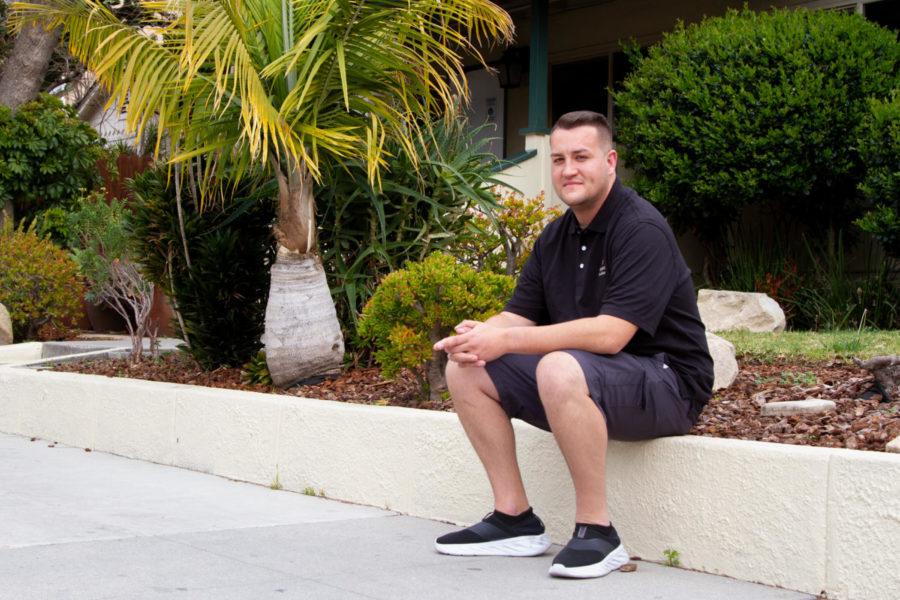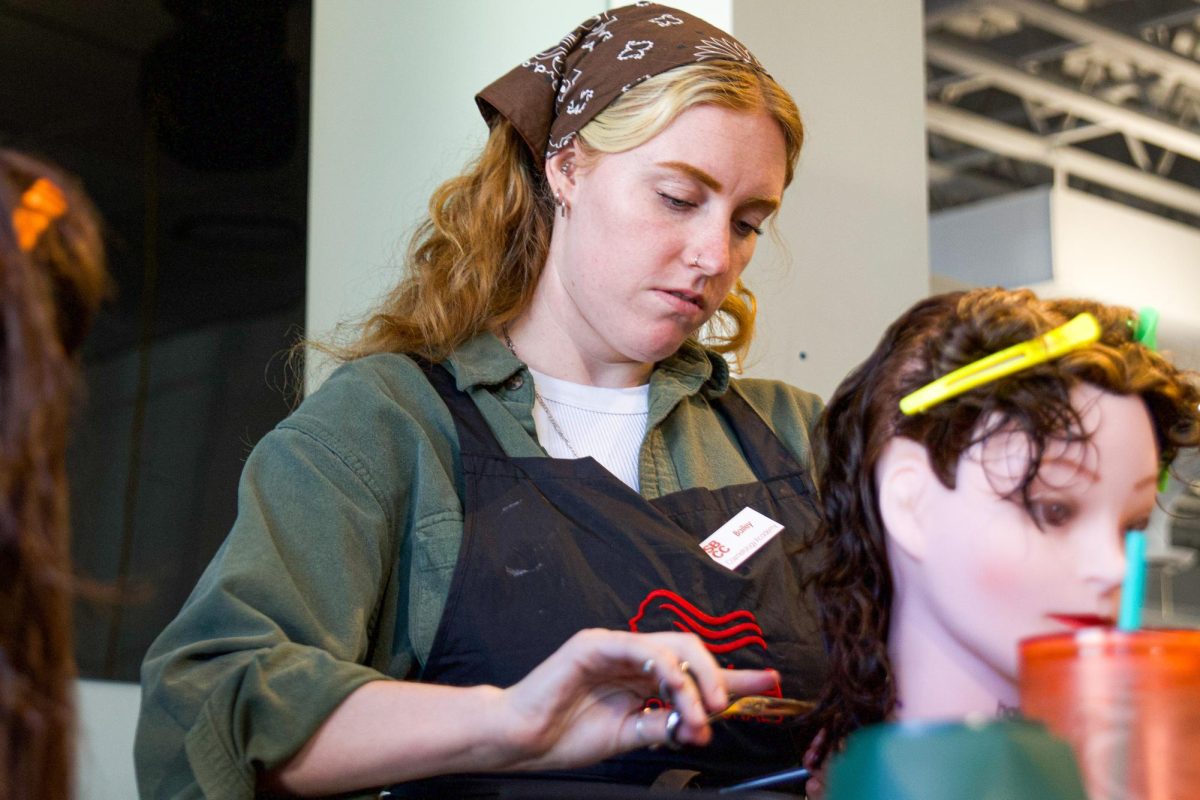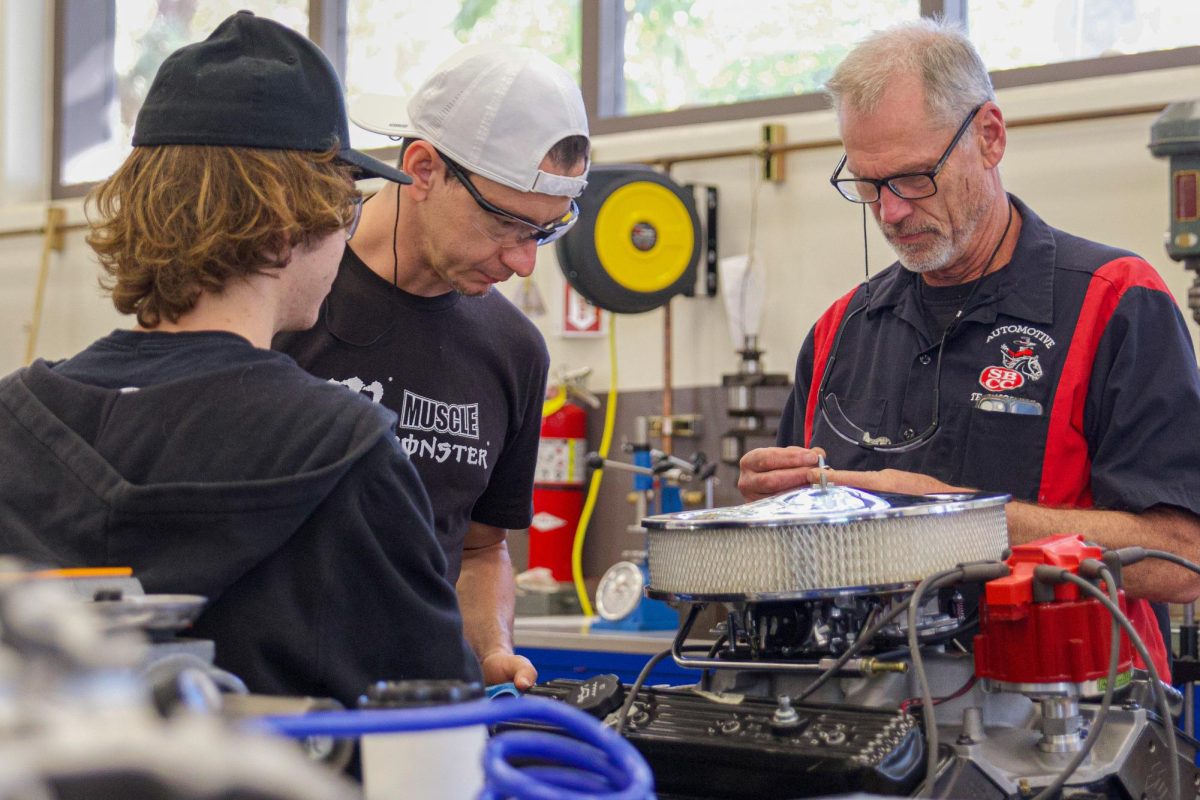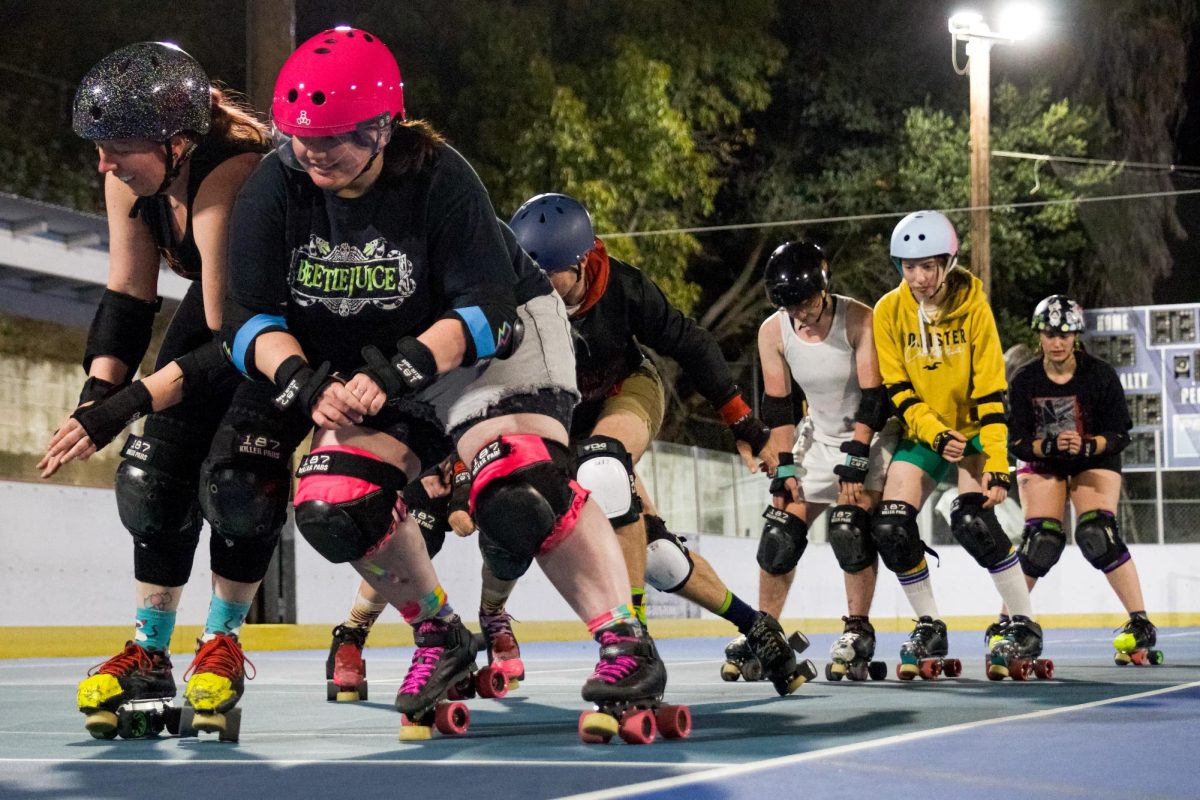At 18 years old, a car accident left Grant Dillon with a broken back and neck, and excruciating pain.
It also plunged him into a pain-pill addiction that lasted 10 years.
“I didn’t get any psychological help after my accident,” Dillon said. “I didn’t think I was helpable.”
Dillon, 32, has now been clean and sober over three years. After completing a 28-day program at the Cottage Rehabilitation Center, he moved into a sober living house, where he is now the program manager.
“It’s taxing, but I have a morning-care routine,” Dillon said. “It includes meditation, prayer and exercise.”
He is working towards a counseling certificate by taking classes in the Addictive Disorders Counseling (ADC) program at City College.
“I got to the place where I couldn’t keep living the way I was living,” Dillon said.
The program offers either certification or an associate degree. Students take 38-40 units with 250 hours of “fieldwork” to graduate. But 2,240 hours are required for actual certification, which is awarded by the Addiction Counselor Certification Board of California.
Internships are completed at a treatment facility, where Dillon will counsel clients and lead groups.
“Recovery happens at a group level,” said Gordon Coburn, the ADC program’s chair since 2007. “Most alcoholics and addicts do not know how to form relationships. Groups help with that.”
Coburn has worked in the field of addiction disorders since 1986.
“Most of our courses are really like graduate degree courses, because we’re treating a fatal disease,” said Coburn, who is teaching most of the classes this semester.
Employment of substance abuse, behavioral disorder and mental health counselors is projected to grow 25% from 2019-2029.
Vickie Gonzalez, a licensed therapist and teacher in the ADC program, said she enjoys integrating the mental health component.
Gonzalez, who usually teaches about addiction with co-occurring disorders—such as anxiety, depression or PTSD—said some class material can be disturbing for students, especially the topic of suicide.
She suggests students take breaks and do journal writing to process anything that affects them. She also meets one-on-one with the students online.
“The majority of classes aren’t like regular classes,” Dillon said. “You’re learning a skill, not just taking-in information.”
Dillon said online classes do not take away from the dynamic between student and teacher.
“It’s been really beneficial in my personal growth and my ability to help others,” he said.














